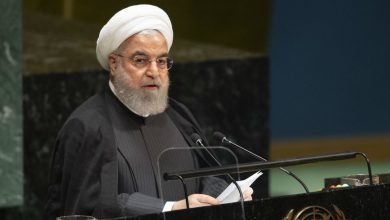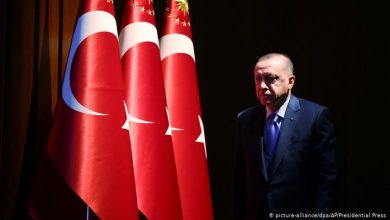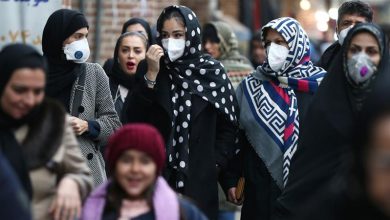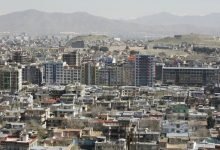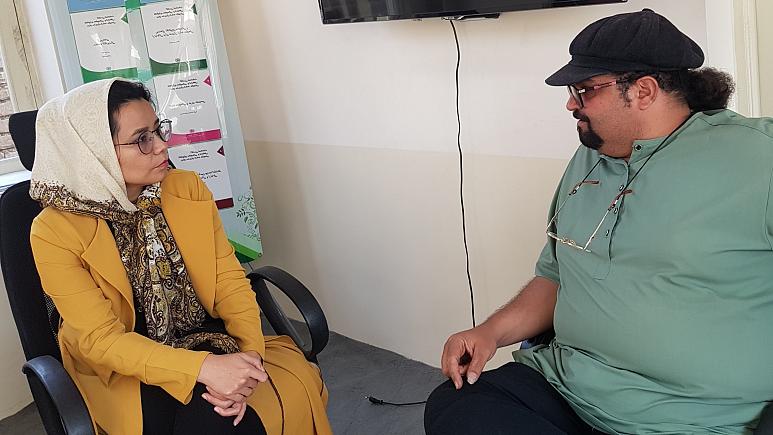
Music teacher and self-described political dissident Homayoun Zaran fled Iran for Afghanistan six years ago in search of a quieter life. But after crossing the border and arriving in the Afghan city of Herat, he was arrested and jailed as an Iranian spy.
Zaran was released after a year but did not find life in Herat easy. He struggled to find paid work, and encountered hostility from both the authorities and ordinary Afghans. Eventually he moved to Kabul, the Afghan capital, where he was classed as a refugee by the U.N.
Two and a half million
After decades of conflict and instability, around 2.5 million Afghans have sought asylum overseas, many of them in Europe. But the war torn country is also a destination for refugees fleeing neighbouring states, including Pakistan and Iran.
The Afghan Ministry of Immigration told Euronews that Iranians are the second-largest claimants of asylum in the country after Pakistanis. Other asylum seekers come from Iraq, Turkey, China, Tajikistan and Jordan, an official at the ministry said.
But the country has little resources for refugees and camps and facilities are operated by the U.N.. Meanwhile, legislation that would allow refugees to settle and become Afghan citizens has been delayed for more than give years.
In the meantime, refugees like Zaran are stuck in limbo, forbidden from finding full time work and with no formal route towards naturalisation in their new home.
“I ask UN for a place to live. I’m not a psychopath, I didn’t commit act of rebellion or theft. I do not deserve physical violence. According to UN paper that they gave me, I should have a safe place to live because I’m a political refugee,” Zaran said.
“My region Kurdistan, my nation Afghanistan”
Saadi Khaledi, a Kurd from Iran, fled to Afghanistan over two decades ago after serving time in prison for his political activism. Even since leaving Iran he says he has been the victim of two assassination attempts that he believes have been masterminded by Tehran.
Khaledi has two flags in his workplace, one of the Kurdistan region and one of Afghanistan: “My region Kurdistan, my nation Afghanistan,” he says.
“If I accepted Iran’s political system I would have no problem to live in that country. But I prefer to live in diaspora and distress rather that accepting such a system,” he says.
Khaledi now lives with his family in Kabul, and does not have complaints about the reaction of Afghans to his settling in the country. But he says he is aware of many other Iranians who, unlike him, have not been able to get work and are struggling in the country.
A delayed law
Seyed Abdolbaset Ansari, press adviser at the Ministry of Immigration, admits that there is lack of legislation governing the status of asylum seekers in Afghanistan. A law that would provide for naturalisation of asylum seekers has been delayed for more then five years.
As it stands, he says, Afghanistan does not have any obligation to refugees, who are the responsibility of the United Nations.
As for Zaran, he is ready to settle in Afghanistan if he can find a home and work, although his experience so far in the country has given him a rather bad impression.
“I thought they will respect human rights,” he said, “but I have changed my mind because of my experience claiming asylum.”


